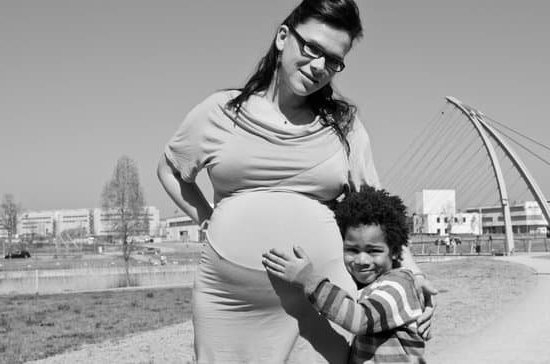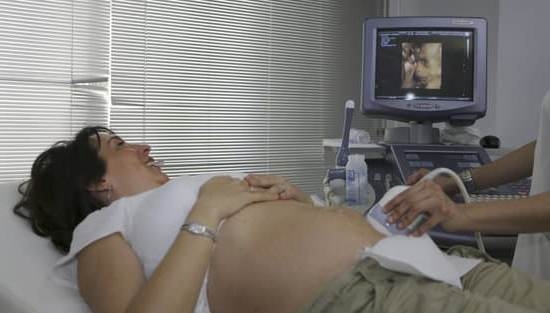Cramping In Pregnancy Second Trimester
Cramping during the second trimester of pregnancy is usually nothing to worry about. It is often caused by the uterus expanding and growing as the baby gets bigger. However, there are some other causes of cramping during pregnancy that you should be aware of.
If you are experiencing cramping, it is a good idea to keep track of when it happens and how long it lasts. This can help you to identify any potential problems. If the cramping is severe, accompanied by bleeding, or lasts more than a few hours, contact your doctor right away.
Common Causes of Cramping During Pregnancy
The most common causes of cramping during the second trimester are:
-Stretching of the uterus
-Round ligament pain
-Constipation
-Urinary tract infection
-Pelvic inflammatory disease
Stretching of the Uterus
As the uterus grows, it begins to stretch out. This can sometimes cause cramping. The cramping usually goes away once the uterus has stretched out enough.
Round Ligament Pain
The round ligaments are a pair of ligaments that run from the uterus to the pelvis. As the uterus grows, these ligaments stretch. This can cause pain in the abdomen and pelvis. The pain usually goes away after a few minutes.
Constipation
Constipation is a common problem during pregnancy. It is caused by the extra hormones that are produced during pregnancy. These hormones slow down the digestive system. This can lead to constipation and the associated cramping.
Urinary Tract Infection
Urinary tract infections are also common during pregnancy. They are caused by bacteria that enter the urinary tract. The bacteria can cause inflammation and pain in the urinary tract. This can lead to cramping in the lower abdomen.
Pelvic Inflammatory Disease
Pelvic inflammatory disease is an infection of the reproductive organs. It is often caused by sexually transmitted infections. The infection can cause inflammation and pain in the pelvic area. This can lead to cramping.
When Are Trimesters Of Pregnancy
?
There are three trimesters of pregnancy. The first trimester is from week 1 to week 12, the second trimester is from week 13 to week 26, and the third trimester is from week 27 to the end of the pregnancy.
Last Trimester Of Pregnancy
The third trimester of pregnancy is the last stage of pregnancy. It usually lasts from the 28th week of pregnancy to the birth of the baby. This trimester can be both exciting and challenging for pregnant women.
During the third trimester, the baby continues to grow and develop. The baby’s lungs mature, and the baby starts to practice breathing. The baby’s nervous system also continues to develop, and the baby’s hair and nails grow.
The pregnant woman’s body also continues to change. The woman’s belly gets bigger, and she may start to experience back pain and constipation. The woman’s breasts may also get bigger and leak milk.
The third trimester can be a challenging time for pregnant women. Many women experience morning sickness, fatigue, and mood swings. The woman’s body is also working hard to prepare for labor and delivery.
The third trimester is an exciting time for pregnant women. They can feel the baby move and kick, and they can start to plan for the baby’s arrival. The pregnant woman should talk to her doctor about what to expect during the third trimester.
How Many Trimesters Are There In Pregnancy
?
There are three trimesters in pregnancy. The first trimester is from week 1 to week 12, the second trimester is from week 13 to week 26, and the third trimester is from week 27 to delivery.
First Trimester Of Pregnancy Discharge
The first trimester of pregnancy discharge is usually a thick, white and odorless discharge. This discharge is caused by the increase in estrogen levels and is a normal part of pregnancy. It can occur anytime during the first trimester, but is most common during the first few weeks.
The discharge will usually decrease or disappear by the end of the first trimester. If the discharge continues or becomes heavier, contact your doctor.

Welcome to my fertility blog. This is a space where I will be sharing my experiences as I navigate through the world of fertility treatments, as well as provide information and resources about fertility and pregnancy.





